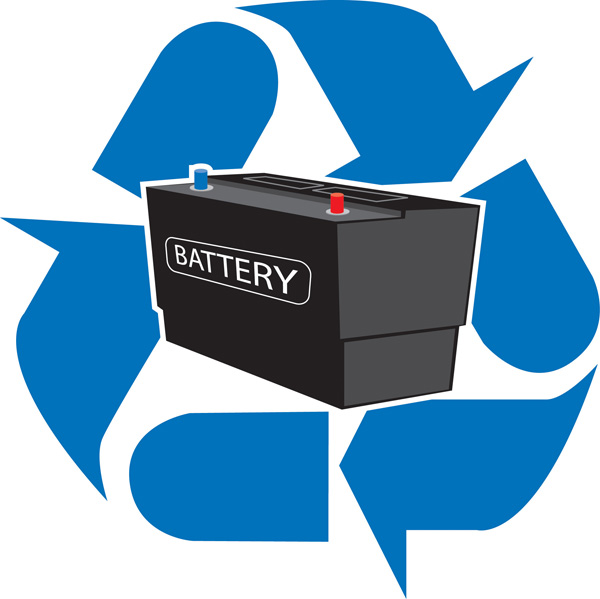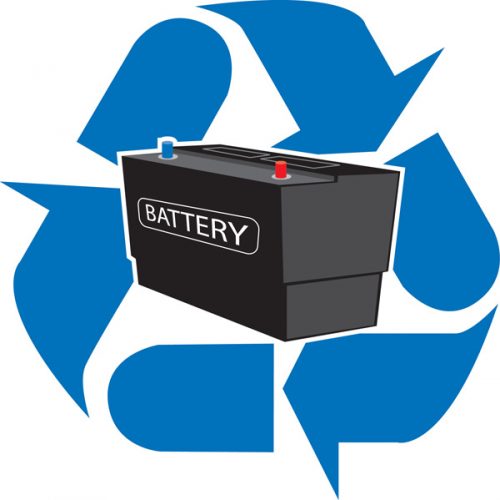Take Care Of Your Car Battery For Optimum Performance

With winter fast approaching, it’s time to get the family and personal car ready for all that snow, ice, hail, and cold. And a good place to start is with basic battery care. Good battery maintenance can save you a whole lot of time and trouble—especially when it’s -30 Celsius in the middle of another Canadian February and you’re counting on your car to get you from point A to B. Appropriate car batteries care aremore than just having a set of jumper cables handy—although that can’t hurt, either!
Some things to check on your car battery are the posts; inspect them to see if there is proper connectivity or if there’s been any build-up of corrosion. Cleaning with a paste of baking soda, water, and a wire brush will ensure proper contact with the cable. Rinsing away the residue with cold water will ensure that the cables and post are thoroughly clean. Loose cables and posts could cause problems as well. Tightening the cables and post or replacing them altogether can also improve your battery’s performance. In addition, a battery tester or voltmeter can check the level of charge, and a hydrometer can tell you if more water is needed in the cells. Water levels should be checked regularly for optimum battery performance. Eyeball the water level and fill the cells with distilled water only (no tap water!). If the water level is low in the battery, it may be because the charging system generates too much voltage, or because of hot temperatures where you store your car.
Insulating your battery is a good idea in cases ofboth extreme heat and cold. If a vehicle isn’t going to be used for a long period, remove one of the cables to improve the likelihood that the battery is charged when you need to use your vehicle again. Leaving a battery on a maintenance charger when not in use, especially during the winter, can prevent the battery from freezing and can maintain its charge. A well-insulated garage helps protect the car from the elements and extremely low temperatures as well.
The above advice is good for cars using a standard battery, but whatabout lithium-ion batteries?With new battery technologies on the market, there are relevant discussions of the current batteries used to power hybrid cars, as well as discussions of the potential of new air-power car batteries. Batteries for hybrid and electrical cars store more energy in a smaller space and with less weight. These batteries store enough energy for Chevrolet Volt owners to drive 40 miles without needing a charge, which means many drivers can travel to and from work and about town without using any gasoline. These batteries sustain electric-powered cars with gasoline capabilities, and are so efficient that cars are equipped with sensors that pressurize the gas tank and warn owners when it hasn’t used gasoline in a year. One downside is the cost of lithium batteries. A replacement battery can cost more than $2000 new and about $500 used.
Don’t get caught in the cold with a malfunctioning battery. Make the right choice and keep your battery in top-top condition, but also remember to invest in a durable, reliable, and Canadian-made battery. Some providers in the country have branches in every province; check out www.cdnrg.com/branch_locations/ontario to see where the nearest top seller might be in relation to you. Investing in tough Canadian products is essential for braving those extreme winters. You won’t regret the investment!



